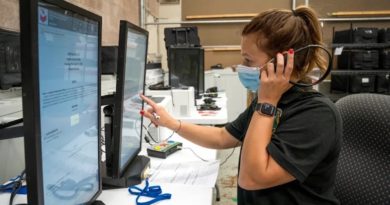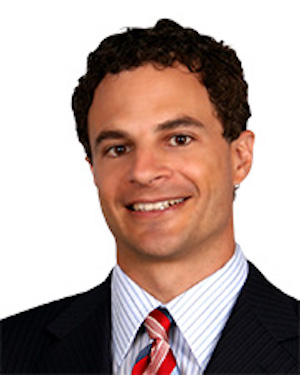Daily Business Report-Oct. 6, 2016
Interior of the Hollywood Jamul-San Diego Casino
Oct. 10 Opening Date Set
For Controversial Jamul Casino
Penn National Gaming Inc., a national gaming conglomerate, announced plans Wednesday to open the $390 million Hollywood Casino Oct. 10 on the tiny Jamul Indian Village reservation in a community where many of the residents don’t want it.
The gaming facility — formally called the Hollywood Casino Jamul-San Diego — was developed by Penn National Gaming, which will manage it for the Jamul Indian tribe. Its construction follows several years of opposition from local people, including its most prominent resident, county Supervisor Dianne Jacob, who cited safety hazards from the increased traffic the facility would generate along the two-lane state Route 94, among other objections.
“Jamul will never be the same (if the Jamul casino is built),” Jacob said at one point. “It would bring other big-city problems, more noise, more crime, more traffic, more light pollution.”
She also referred to the casino as “The Hollywood Horror Show.”
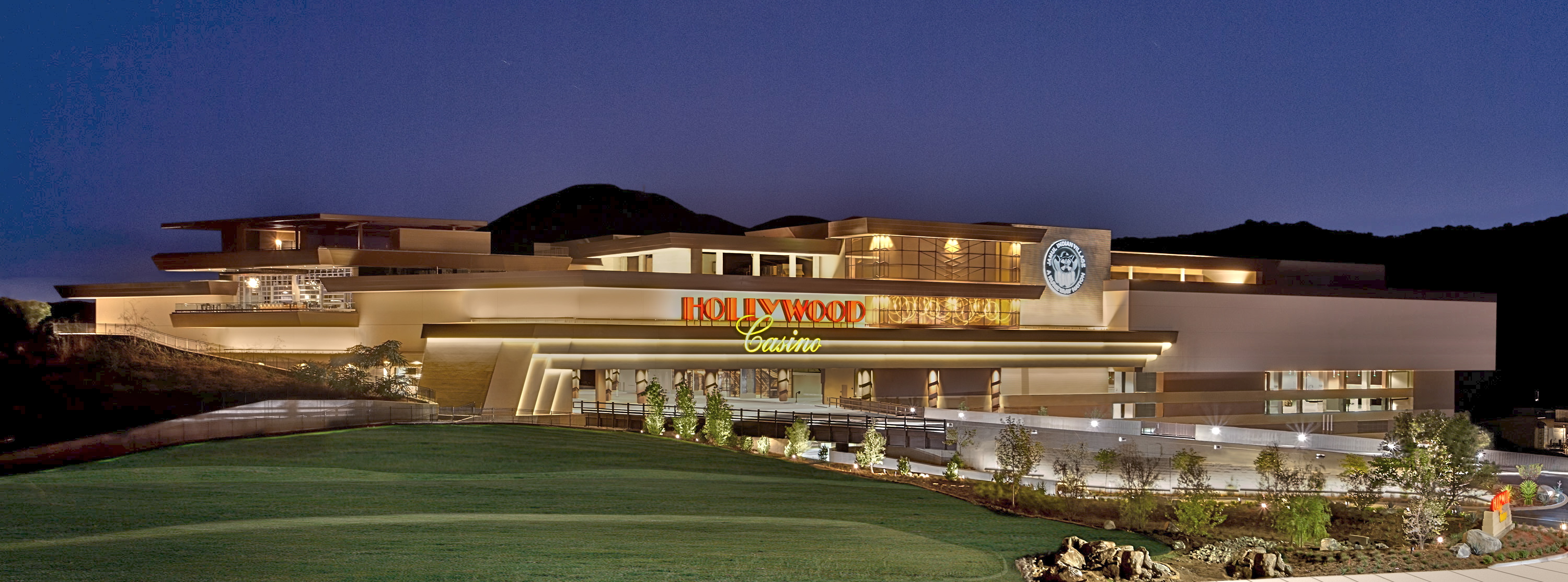
Several lawsuits have been filed, with at least one reaching the United States Court of Appeals for the Ninth Circuit, and others that may still be in process on lesser matters. Several local residents are vehemently opposed to the project, with the most ardent detractors supporting efforts by the Jamul Action Committee and the Jamul Community Church.
Despite the local opposition, Penn National Gaming officials boasted in its announcement about benefits the casino would bring to the community and its many attractions, such as Tony Gwynn’s Sports Pub featuring memorabilia from his collegiate and professional baseball careers.
“We are grateful to the Jamul Indian Village for giving us the opportunity to build this spectacular regional entertainment destination and are honored to serve as the manager of their facility and to help them realize their goal of becoming economically self-sufficient,” said Timothy Wilmott, president and chief executive officer of Penn National in a statement announcing the opening date. He said the casino created more than 1,200 construction jobs and about 1,000 permanent jobs.
The casino opening announcement was absent of any remarks by officials of Jamul Indian Village.
The casino has over 1,700 slot machines and 43 live table games plus an eight-story below-ground parking garage that accommodates 1,800 vehicles and eight dining and entertainment venues, including:
- Tony Gwynn’s Sports Pub.
- Final Cut Steak & Seafood, a contemporary American steakhouse.
- Loft 94, an indoor/outdoor casual restaurant and beer garden with 48 rotating craft beers on tap.
- Emerald Chinese Cuisine, a dim sum and Cantonese-style restaurant.
- Tres Taqueria, an eatery featuring tacos and burritos.
- Pizza Port, pizza restaurant.
Richard St. Jean is general manager of the casino.
Jamul Indian Village and Penn National received final approval from the National Indian Gaming Commission for Penn National to manage the facility. Officials said the Jamul tribe will proceed with a $460 million refinancing of the project.
According to the casino opening announcement, Penn National will get a fee of 30 percent of net revenue (earnings before taxes) for the management of the facility, as well as a licensing fee of 2 percent of gross revenue for the use of the Hollywood brand and marketing services.
__________________________
Organovo to Test ‘Patches’ for
Patients Awaiting Liver Transplants
San Diego-based Organovo said today it plans to use its 3D bio-printing technology to produce living human liver tissue “patches” that can be transplanted in patients with fatal liver disease.
The idea is to help improve the function of failing livers, a stopgap measure that could extend the lives of patients on the U.S. liver transplant waiting list.
Organovo unveiled its plans to develop “therapeutic” tissue after showing in preclinical animal studies that bio-printed liver patches successfully grafted, formed blood vessels, and functioned normally, according to a statement today. The transplanted liver tissue even produced liver-specific proteins and metabolic enzymes.
Organovo said the experimental technology’s path to human therapy would begin with a formal, preclinical development program focused on liver disease. Bio-printing liver tissue has moved ahead the fastest, but Organovo said it also is pursuing preclinical “proof of concept” studies in other areas.
__________________________
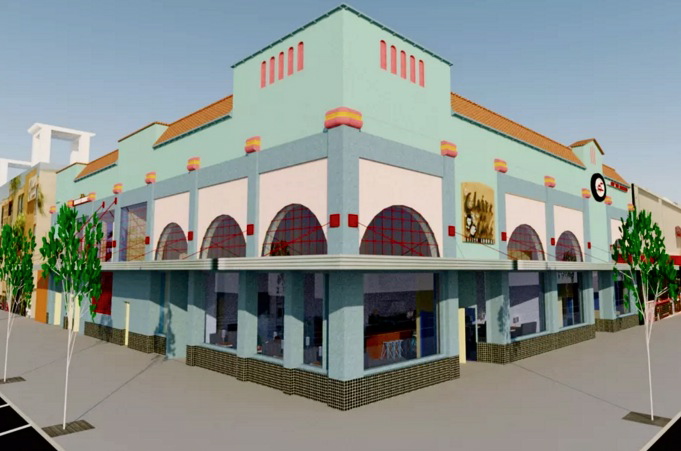
Tamarindo Latin Kitchen & Bar Moving
Into Claire de Lune’s Former Space
The corner of University Avenue and Kansas Street in North Park — home to the Claire de Lune coffee lounge for 19 years, but closed in February — will be the new home of Tamarindo, a new concept from Moose’s Restaurant Group. An early December opening is planned.
The restaurant was initially billed as a Mexican concept, but the scope has been expanded to bring in flavors and ingredients from other Latin cultures, according to Candice Woo of San Diego Eater, quoting Moose’s Steve Blasingham.
Woo said the 95-seat eatery will keept the building’s sidewalk patios but will brighten up its façade with a new paint job influenced by the Art Deco style of Miami’s South Beach.
__________________________
Record 18.3 Million Californians
Registered to Vote in November
Times of San Diego
A record 18,251,826 Californians are now registered to vote in the Nov. 8 presidential election, Secretary of State Alex Padilla reported Wednesday.
The number of registered voters in the Golden State is greater than the total population of all but three other states — Texas, Florida and New York. However, the total represents less than 74 percent of those eligible to register.
Of those registered, 45 percent chose the Democratic Party, 27 percent the Republican Party and 23 percent gave no party preference.
“The high profile 2016 election cycle, social media networks harnessing the power of online voter registration, and relentless outreach by campaigns, businesses, elections officials, and community groups has led to this record number of voter registrations,” Padilla said.
The registration total is based on reports by California’s 58 county elections offices through Sept. 9.
The deadline to register to vote in the November election is Oct. 24.
__________________________
Cubic Global Defense Awarded
$5.7 Billion Federal Contract
Cubic Global Defense, a business unit of Cubic Corporation, has been awarded a $5.7 billion contract from the General Services Administration to provide training to improve government performance across the federal government at all levels.
The award is for five years, with a five-year extension option.
“With this contract, the government will have direct access to Cubic Global Defense’s deep organizational planning and transformation; force structuring; modeling and simulation experience; as well as game-based, virtual, immersive and neuroscience-based training and development capabilities,” the GSA said in an announcement.
“As part of our NextTraining strategy, Cubic is focused on raising organizational readiness and optimizing human performance in all government settings,” said Chris Bellios, senior vice president of defense and intelligence services for Cubic Global Defense.
This is considered to be the first government-wide human capital solution using category management, an enterprise-wide approach to acquiring goods and services used in private industry and by other government agencies.
__________________________
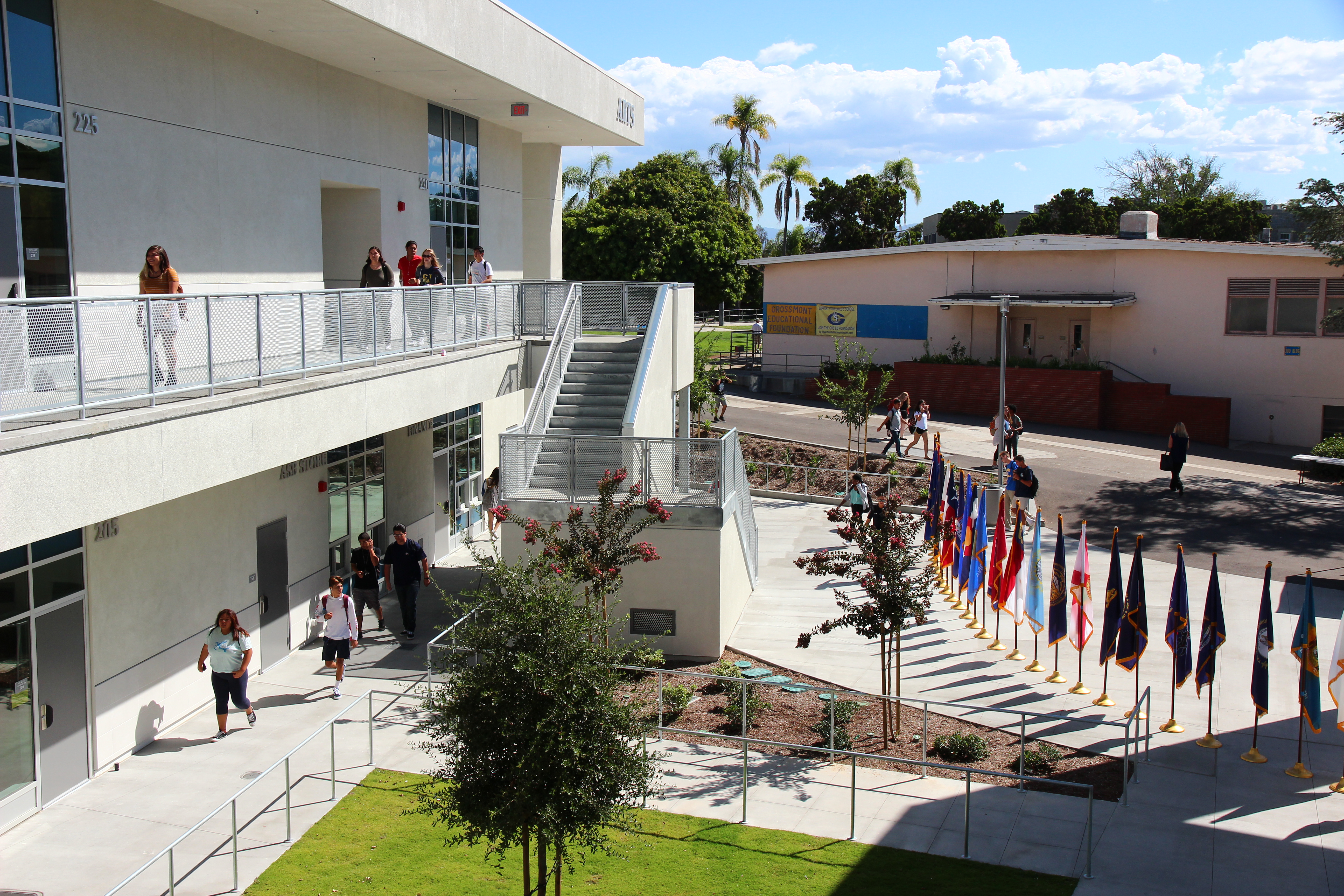
Two New Buildings Finished
At Grossmont High School
Grossmont Union High School District announced the completion of construction on two new buildings on the campus of Grossmont High School in El Cajon.

The $10.9 million project involved the demolition of several outdated structures, including the original administration building, old auto shop, classroom building 100, student resource center, special education office buildings and other ancillary structures.
A new two-story, 12,200-square-foot Student Support Services building consolidates activities into a single location to enhance student/staff interaction, with an exterior that serves as the school’s main entry point. The school anticipates the development of a new Events Center to complete the other side of the gateway, which would be made possible with funds from Measure BB, if passed by the voters in November.
Another two-story, 11,640-square-foot Arts Classroom Building was constructed to create new district standard instructional spaces for ceramics, metals, 2-D art, photography and digital arts, as well as a classroom and store for the ASB and a special education classroom.
__________________________
Retired CPA Harry Duffield
Takes Helm of Score San Diego
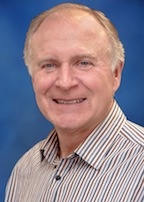
Retired CPA and longtime SCORE mentor Harry Duffield took over as the new president of SCORE San Diego, the local nonprofit chapter of the national organization that provides counseling and mentoring to small business owners and entrepreneurs. He replaced Sally Broff, whose two-year term ended Sept. 30.
In addition to mentoring SCORE clients in the areas of accounting, bookkeeping, and money management, Duffield was also SCORE San Diego’s chapter treasurer for two years. He currently leads one of SCORE’s three Executive Leadership Forums, along with mentor Ron Woodhill. They run a monthly meeting of 10 CEOs of non-competing businesses with at least $1 million in annual sales. Members of the forum meet monthly to connect with like-minded people who care about their success. They use their time to brainstorm and solve strategic business issues and problems, and set strategic goals and methods for implementing them.
Originally from Detroit, Duffield moved to San Diego while working for a large CPA firm. After six years in that position, he went to work for large real estate developers for 15 years. Then, for the last 15 years of his career, Harry owned his own CPA firm, working mostly with small business and individual clients.


